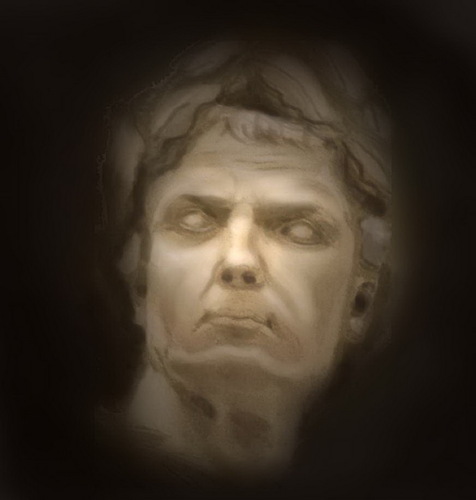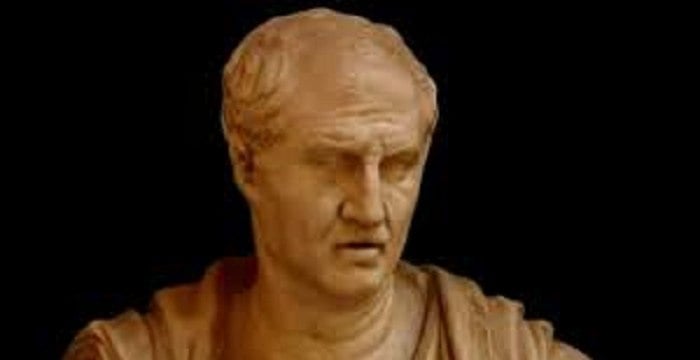



He married Sulla's granddaughter Pompeia later on and worked to undermine the regime the dead dictator set up, possibly being involved in two aborted coups. He served his quaestorship in Hispania, where he reportedly wept at a statue of Alexander the Great, realizing his achievements at the same age were rather less impressive. The pirates thought he was joking ( they were wrong).Īfter his return to Rome, he was elected military tribune, and quaestor in 69 BC. On the way, he was captured by pirates, and infamously acted high-handedly with his captors, demanding they ask for a higher ransom and promising to hunt them down and kill them all once he was freed. Shortly after he sought to improve his oratory further and sought out Cicero's teacher Appollonius in Rhodes. He took up legal advocacy (like most aspiring politicians of the time) and became famous for his oratory and ruthlessness in the courts. Henceforth he would have several problem with moneylenders, taking many big loans and having trouble repaying them. Despite these positive gains, his fortune was depleted, and he had to survive on a fairly low budget, and moved to a modest house in a plebian district. He was to ride this horse and its descendants into battle for the rest of his career. He also, during this time, was sent on a mission to Bithynia to secure the help of King Nicomedes, but his lengthy stay at court sprouted (probably false) rumours in Rome that the two were having a homosexual relationship, rumours that were to dog Caesar throughout his career.Ĭaesar returned shortly before Sulla's death, during which time the dictator rescinded his order only allowing Caesar to ride a donkey, and gave him a present of a warhorse with toes instead of normal hooves. Despite these setbacks, he went on to win glory for himself by winning the Civic Crown in a siege, which entitled him to automatic entry into the Senate (ironically, one of Sulla's reforms- in fact, Caesar couldn't have joined the army either if Sulla hadn't stripped him of his priesthood). However one of Sulla's restrictions, possibly ordered as a joke, only allowed him to ride a donkey into battle. His family connections made Caesar a target of the dictator Sulla, who forced him to spend much of his inheritance in elaborate ceremonies, as well as removing his priesthood at the pleas of his mother Aurelia and others, and had toyed with having Caesar killed when he refused to divorce his wife Cinilla after one of Sulla's proscriptions stripped her of her noble status.Ībandoning the post of Flamen Dialis caused him to lose his position in the Senate, but enabled him to join the Military, which he did. also the teenaged High Priest of Jupiter, for which he had to break off his engagement to a plebian girl and marry Cornelia, the daughter of four-time consul Lucius Cinna. Caesar's father died when he was 16 and Caesar thus became head of the household and, within a year. Gaius was born in the month his successor would rename after himself, July (then called Quintilis), in the year 100 BC, to a minor aristocratic family that nonetheless traced its line back to the foundation of Rome, as well as the goddess Venus and the hero Aeneas.

Had nothing to do with Caesar salad or the Caesarean section. Brilliant general, orator, politician and writer.


 0 kommentar(er)
0 kommentar(er)
